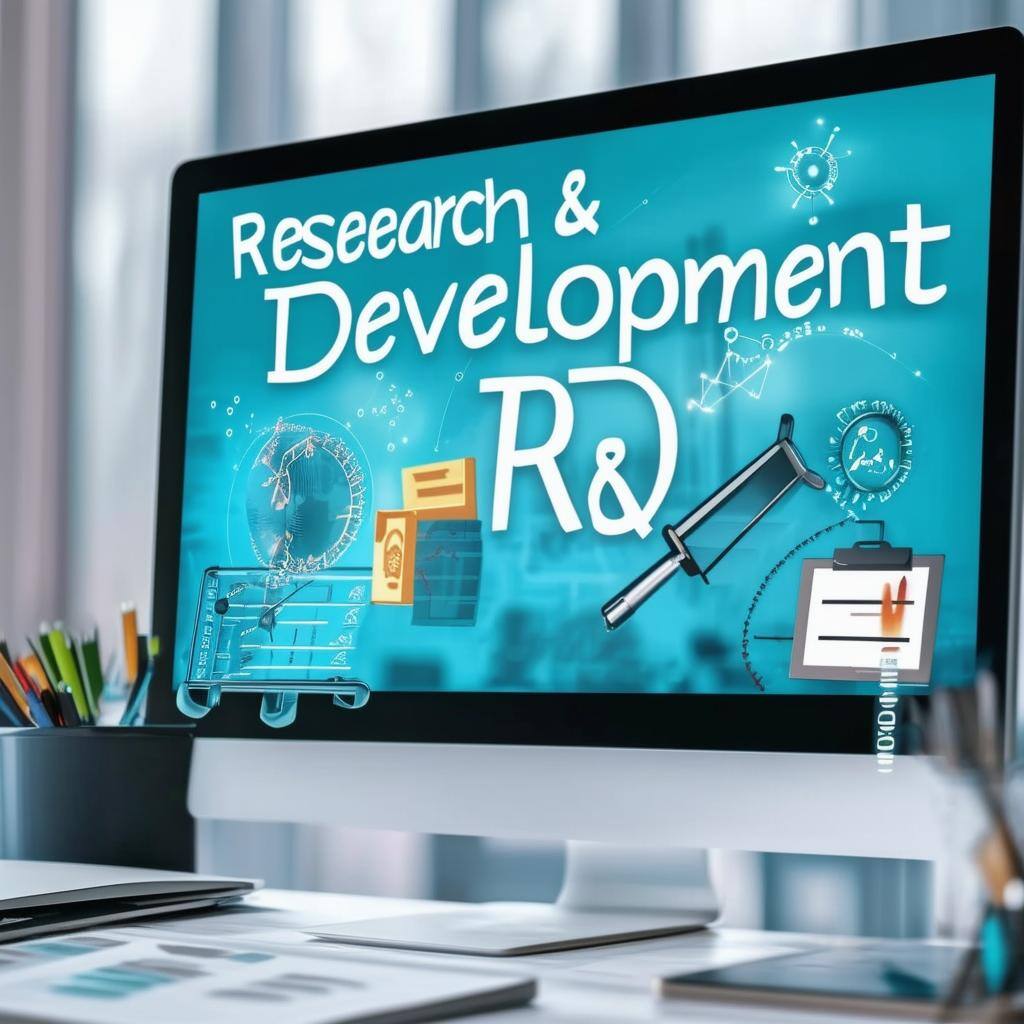Boost Your Business Growth with Research & Development Tax Consulting

In today’s competitive market, businesses need every advantage to grow and succeed. One often overlooked opportunity is the Research & Development (R&D) tax credit, which can provide significant financial benefits to companies investing in innovation. However, navigating the complexities of R&D tax credits can be challenging without professional assistance. This is where R&D tax consulting comes in, helping businesses unlock valuable credits while ensuring compliance.
Benefits of R&D Tax Consulting
Working with R&D tax consultants can provide a range of benefits, from maximizing your tax credits to ensuring compliance with regulations. To understand the benefits fully, experts from G6 Consulting explain more about the intricacies of R&D tax credits and guide businesses on how to maximize their eligible claims. By understanding the latest tax regulations and strategies, R&D tax consultants also provide proactive planning, helping businesses optimize future R&D activities for even greater tax savings.
- Cost Savings: By identifying all eligible activities and expenses, consultants can help businesses claim more credits, reducing the overall tax burden.
- Risk Management and Compliance: The rules around R&D tax credits can be complex, and errors can lead to costly penalties. A consultant ensures that all claims meet regulatory requirements.
Understanding R&D Tax Credits
R&D tax credits are incentives offered by governments to encourage businesses to invest in innovation. They can significantly offset costs associated with research and development activities.
- Types of Eligible Activities: The credits are not limited to groundbreaking inventions. Businesses can claim them for activities like developing new products, improving processes, and even enhancing software.
- How Credits Are Calculated: Typically, R&D tax credits are calculated based on the qualifying expenses a company incurs. These may include salaries, materials, and certain overhead costs related to research activities.
Identifying Eligible Activities
Identifying eligible activities is a crucial step in maximizing R&D tax credits, as many businesses overlook qualifying projects simply because they don't recognize them as R&D. Eligible activities are not limited to groundbreaking innovations - they can include a range of everyday improvements, such as developing new products, refining existing processes, or enhancing software functionalities. R&D tax consultants play a vital role in this process by thoroughly analyzing a company's operations, conducting interviews with key personnel, and reviewing project documentation.
- Role of Consultants: R&D tax consultants work closely with companies to identify all activities that may qualify for tax credits. They conduct interviews, review project documents, and ensure that all eligible projects are included.
- Examples Across Industries: Qualifying activities can vary across industries. For example, manufacturing companies might claim credits for developing new machinery, while software firms could claim credit for coding new features.
Navigating Tax Documentation and Filing
Proper documentation is crucial when claiming R&D tax credits, and this is where many businesses struggle.
- Importance of Accurate Record-Keeping: Consultants ensure that all necessary records are kept, including project descriptions, time tracking, and expense documentation. This helps substantiate the claim if it is audited.
- Consultant Assistance in Proper Filing: Filing for R&D tax credits can be a complicated process. Consultants know the ins and outs of tax regulations and can prepare and submit the necessary paperwork efficiently, reducing the risk of errors.
Strategies for Maximizing Tax Savings
R&D tax consultants don’t just help you file claims - they also develop strategies to maximize your tax savings.
- Proactive Planning: Consultants can guide companies on how to structure their projects and expenses to get the most out of R&D credits. This includes planning which expenses to categorize under R&D and optimizing the timing of projects.
- Avoiding Common Mistakes: Incorrectly claiming credits or missing eligible expenses are common mistakes. An experienced consultant can prevent these errors, ensuring you get the maximum benefit without risking penalties.
Choosing the Right R&D Tax Consultant
Selecting the right consultant is crucial for a successful R&D tax credit claim.
- Experience and Industry Knowledge: Look for consultants with experience in your industry, as they will better understand the types of activities and expenses that qualify for credits. They should also have a proven track record of helping clients successfully claim R&D tax credits.
- Success Rate and Client Testimonials: A good consultant will have positive testimonials from past clients and be able to demonstrate a high success rate in maximizing tax savings.
R&D tax consulting is a valuable service that can help businesses of all sizes save money, invest more in innovation, and grow faster. By understanding how to navigate the complex process of claiming R&D tax credits, businesses can unlock significant savings and reinvest those funds back into their development projects. If you’re looking to boost your business growth, consider consulting with an R&D tax expert to see how much you can save.
Related Posts
Join the movement.
Your Entourage journey starts here. Join Australia's largest community of over 500,000 business owners and entrepreneurs, and receive instant access to exclusive content and updates delivered straight to your inbox.



